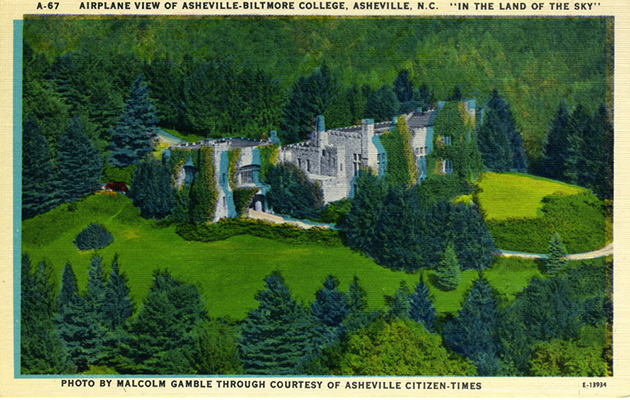Let me think, what has happened this week?
Nothing. Absolutely nothing.
So, I’m being a little dramatic, but still, I feel as if we’re moving at a snail’s pace. This week Cara and I have emailed everyone and their mother, just so we could get referred to someone else or be given information we already had. Eric Grant did, however agree to let us interview him over the phone, but we’ve been having trouble setting up a time. Hopefully in the next couple of days we can figure something out. I’m just happy someone with the school system will talk with us.
I’m also trying to contact the principal of North Buncombe High School so I can figure out who the teacher using The Bluest Eye was. However, I have not been able to find her email. I was planning on calling out to the school on Thursday, but came down with the flu and haven’t had the chance to. I plan to call out there tomorrow morning.
So what’s up with the title of my post?
When speaking with Amanda Glenn-Bradley last week, she talked about a previous book challenge in Buncombe county that she remembered. A teacher, while waiting for The Kite Runner by Khaled Hosseini to be approved for her class, put All Quiet on the Western Front by Erich Maria Remarque in it’s place on the reading list. Parents then complained that the book The Kite Runner, not only had sexually explicit content, but also had a lower reading level than All Quiet on the Western Front.
However, regardless of these arguments, I have to wonder, had these parents read either of these books? I haven’t personally read The Kite Runner (I’m currently on chapter 3 on audio book), but I did read All Quiet on the Western Front in tenth grade. I’m sure it had many important themes and and made many important statements on the human condition.
I don’t think I could tell you a single one.
Why, you might ask?
All Quiet on the Western Front is a brick. The book isn’t written in a style that is appealing or comprehensible to most students today, so for most students its just another reason why they don’t want to read. If we want students to enjoy reading, we can’t only let them read the same classics. Students want texts they can relate to and texts they can see themselves in, and, quite frankly, as a nineteen-year-old, I find a band of nineteen-year-olds who never discuss sex to be somewhat unrealistic and unrelatable.
Then I thought about one of the students interviewed for the Grace Enriquez article we read this week. Enriquez interviewed middle-schoolers and asked them their opinions on the books they were reading in class and what books they thought were appropriate. One student, named Drew, who was interviewed said:
“it’s forbidden to read about sex and drugs because this is a reading class, not a sexual education class.” -Drew
Why must education be so categorical? Why is math only appropriate for math class? Why is the word “sex” taboo everywhere but sex ed? Why do we force children to pretend that their lives happen in boxes, even though that couldn’t be further from the truth?
References
Enriquez, Grace. “The Reader Speaks Out: Adolescent Reflections about Controversial Young Adult Literature.” The ALAN Review, vol. 33, no. 2, 2006, pp. 16-23.
Hosseini, Khaled. The Kite Runner. New York: Riverhead Books, 2003.
Remarque, Erich Maria, 1898-1970. All Quiet on the Western Front. New York :Fawcett Crest, 1975.
